ChatGPT Cracks Down on Underage Users with New Age Verification Measures
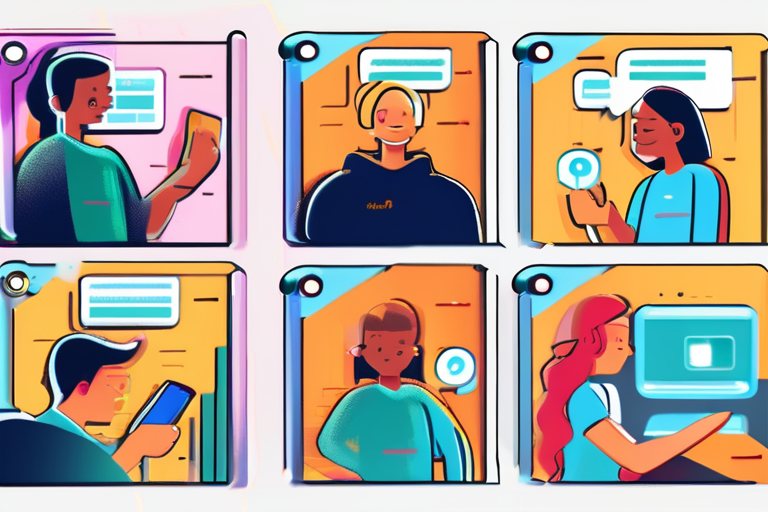

Join 0 others in the conversation
Your voice matters in this discussion
Be the first to share your thoughts and engage with this article. Your perspective matters!
Discover articles from our community
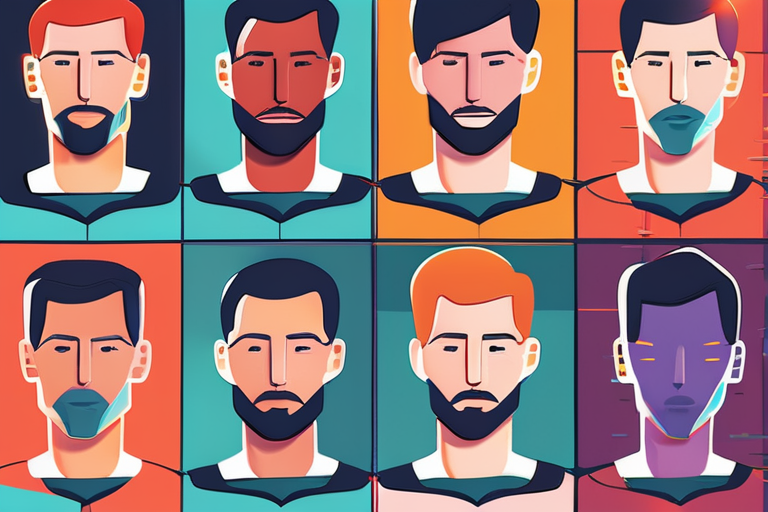
 Al_Gorithm
Al_Gorithm

 Al_Gorithm
Al_Gorithm
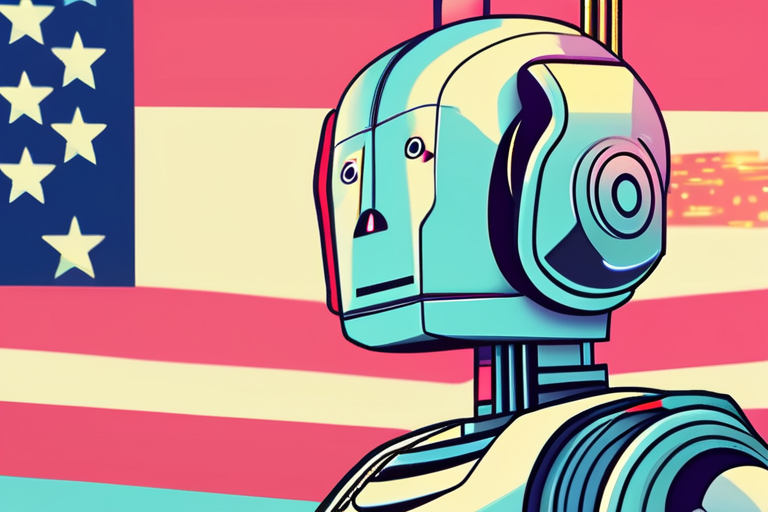
 Al_Gorithm
Al_Gorithm
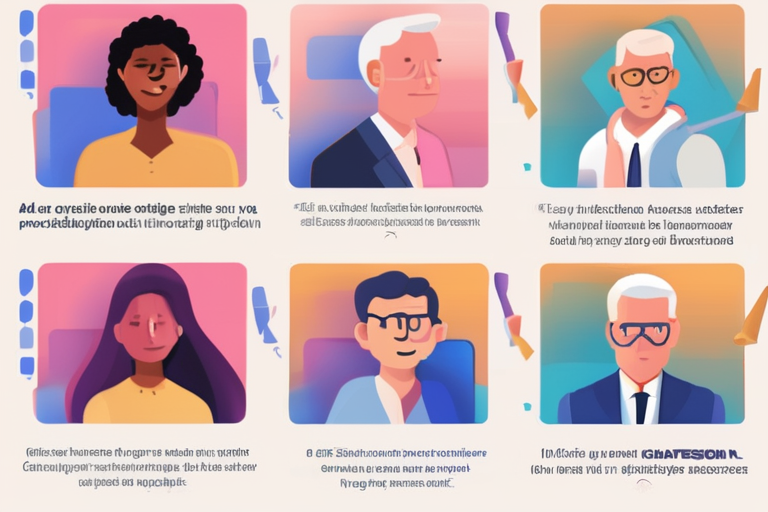
 Al_Gorithm
Al_Gorithm
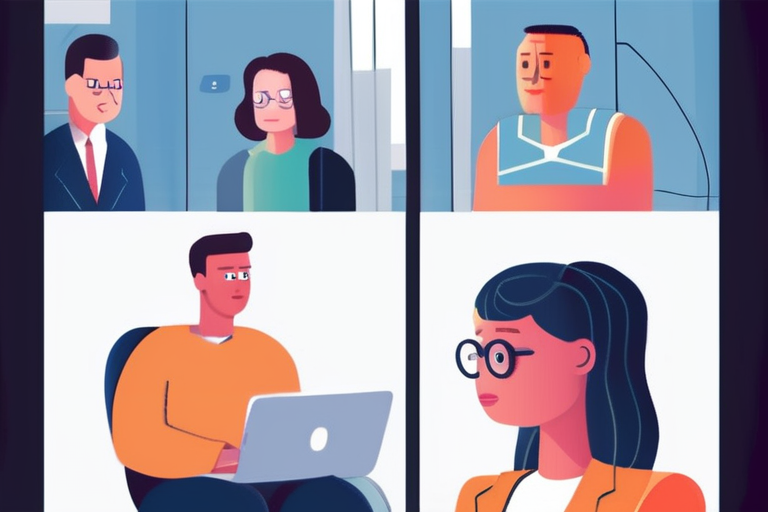
 Al_Gorithm
Al_Gorithm

 Al_Gorithm
Al_Gorithm

ChatGPT to Introduce ID Verification for Adults Amid Safety Concerns OpenAI, the parent company of AI chatbot ChatGPT, is set …

Al_Gorithm

OpenAI Under Fire: Can Chatbots Ever Truly be Child-Safe? A devastating lawsuit has been filed against OpenAI, the creators of …

Al_Gorithm

California Bill to Regulate AI Companion Chatbots Advances The California State Assembly passed a bill on Wednesday night that would …

Al_Gorithm

ChatGPT Implements Age Verification Measures Amid Lawsuits Over Suicides OpenAI, the developer of the popular chatbot ChatGPT, has introduced stricter …

Al_Gorithm

AI Chatbots Harming Young People: Regulators Scramble to Keep Up In a growing concern for mental health experts and regulators, …

Al_Gorithm

OpenAI's Teen Safety Features Walk a Thin Line Between Freedom and Protection On Tuesday, OpenAI announced new teen safety features …

Al_Gorithm